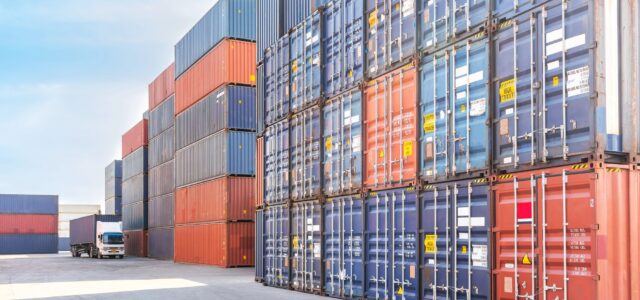Singapore NODX drop steeper than expected, falling 4.6% in July amid pharma slump
singapore-nodx-drop-steeper-than-expected-falling-4-6-in-july-amid-pharma-slump
#Singapore #NODX #drop #steeper #expected #falling #July #pharma #slump,
SINGAPORE: Just after Singapore’s non-oil domestic exports (NODX) rose 13% year-on-year in June, it dropped steeper than expected in July, falling 4.6% compared with the same month last year. This is a steeper drop than the 1.8% contraction forecast in a Reuters poll.
According to data released by Enterprise Singapore (EnterpriseSG) on Monday (Aug 18), electronics exports grew, while non-electronics shipments contracted, led by declines in pharmaceuticals (-18.9%), petrochemicals (-23.4%), and food preparations (-26.3%).
NODX to the United States (-42.7%), China (-12.2%), and Indonesia (-32.2%) dropped in July, while exports to the European Union (77.1%), Taiwan (62.9%), South Korea (34.5%), and Hong Kong (20.8%) increased.
Singapore raised its full-year growth forecast for 2025 last week to between 1.5% and 2.5%, up from an earlier estimate of 0.0% to 2.0%, after the economy performed better than expected in the first half of the year. The earlier cut had come following the announcement of US tariffs earlier this year, Reuters reported.
Although Singapore has a free-trade agreement and runs a trade deficit with the US, the city-state is still subject to a 10% tariff.
Last month, RHB Group chief economist and head of market research Barnabas Gan spoke of growing concerns over Singapore’s export-oriented industries, especially in pharmaceuticals and semiconductors.
Authorities also warned that growth may slow in the second half of the year, as export and production frontloading tapers off.
Last Tuesday (Aug 12), Enterprise Singapore kept its NODX forecast at 1% to 3% in 2025, stating it expected a “weaker profile” for the second half of the year following a stronger-than-expected H1 2025 NODX growth.
In his National Day Rally speech on Sunday, Prime Minister Lawrence Wong said that he took little comfort at the 10% tariff already imposed on the city-state, as no one knows if or when the US might raise the baseline or set higher tariffs on specific industries like pharmaceuticals and semiconductors.
“What we do know is that there will be more trade barriers in the world. That means small and open economies like us will feel the squeeze,” he added. /TISG
Featured image by Depositphotos (for illustration purposes only)
